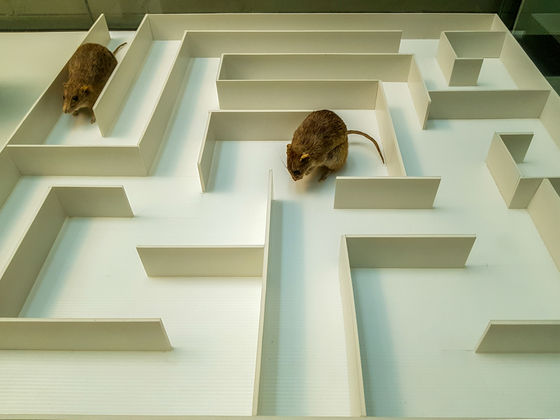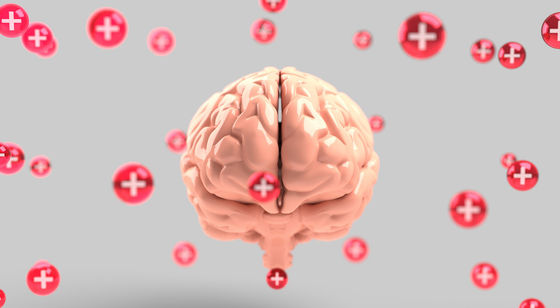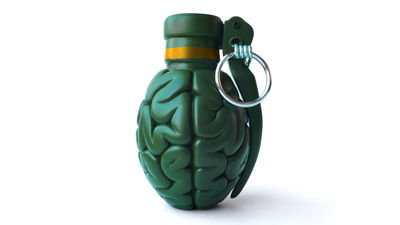Found nutrients that increase the number of neurons in the brain

Experiments with mice have shown that
Selenium mediates exercise-induced adult neurogenesis and reverses learning deficits induced by hippocampal injury and aging --ScienceDirect
https://www.sciencedirect.com/science/article/pii/S1550413122000055
Natural mineral may reverse memory loss --UQ News --The University of Queensland, Australia
https://www.uq.edu.au/news/article/2022/02/natural-mineral-may-reverse-memory-loss
Widely available supplement may explain brain boost from exercise | Science | AAAS
https://www.science.org/content/article/widely-available-supplement-may-explain-brain-boost-exercise
It is said that exercise is good not only for the body but also for the brain, and past studies have shown that exercise may improve the brain of patients with Alzheimer's disease, and that exercise activates the memory area of the brain. It has been confirmed.
Exercise may improve the brains of patients with Alzheimer's disease-GIGAZINE

However, even though we knew that exercise was good for the brain, the specific mechanism was unknown. Therefore, a research team led by Tara Walker of the University of Queensland, Australia, focused on the results of previous studies that found that the levels of 38 proteins were elevated in the brains of post-exercise mice. In particular, we conducted an experiment to investigate the effect of selenium on brain cells, using the fact that selenoprotein P , a protein containing selenium, doubled after exercise.
The research team first cultivates the cells that are the source of new neurons, and then sodium selenite , which is the form when selenium is present in water and soil, and seleno , which is the form when it is contained in food. Added methionine . As a result, the number of neural progenitor cells doubled in just 14 days. In addition, direct injection of sodium selenite into the brain of mice for 7 days resulted in a 3-fold increase in the number of hippocampal neural progenitor cells.
To confirm the results of this experiment, the research team created and exercised mice lacking inheritance related to selenoprotein P synthesis and receptors. As a result, the number of neural progenitor cells did not increase even when the mice exercised.

After confirming that selenium is important for
Older mice that drank water containing selenium also had a control group in memory tests, such as remembering and avoiding where light electric shocks occur, or remembering a hole in the 32 holes that leads to the dark room the mouse prefers. He said he showed better results. This result shows that selenium has a function to stop the aging of the brain.
Finally, the researchers injected the hippocampus of mice with a neuron-destroying substance to help recover from cognitive deficits caused by brain damage, causing stroke-like symptoms. .. As a result, non-selenium-fed mice could not remember where they were shocked the day before, but selenium-fed mice performed as well in the test as normal mice. It is about.
It was also found that the regenerative effect of selenium on the brain depends on whether or not neurogenesis occurs, because cognitive function was not restored by selenium in mice in which new neurons were prevented from forming.

'We've known for some time that exercise helps new nerve cells in the brain, but the mechanism isn't well understood,' Walker said of the findings. Our findings show that exercise. We have shown that selenium supplementation with selenium increases neurons and improves cognition. '
Selenium is a mineral that is abundant in beans, grains and nuts, and has excellent antioxidant properties. However, due to the high toxicity of overdose, experts are urging people not to use supplements containing selenium as a substitute for exercise or to overdose selenium.
In general, people who have a balanced diet of vegetables, meat and fruits are already getting enough selenium. However, selenium supplements can be a beneficial treatment for the elderly and those with neurological disorders, Walker said. The American Association for the Advancement of Science's scientific journal, Science, which took up the results of this research, confirmed that this research was not funded by the supplement industry at all.
Related Posts:







